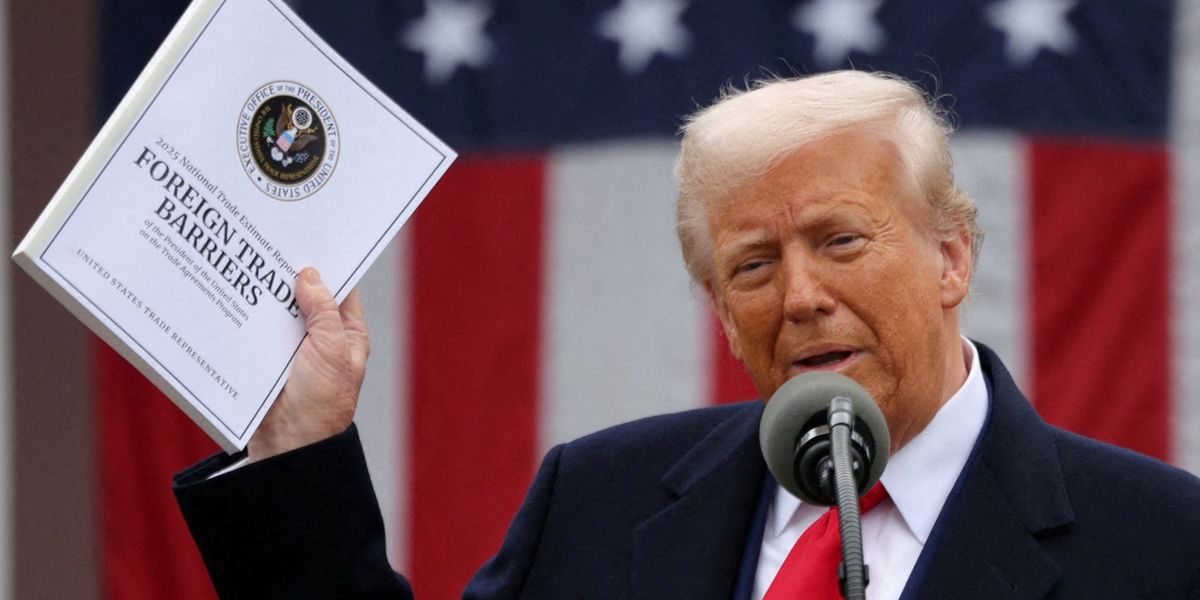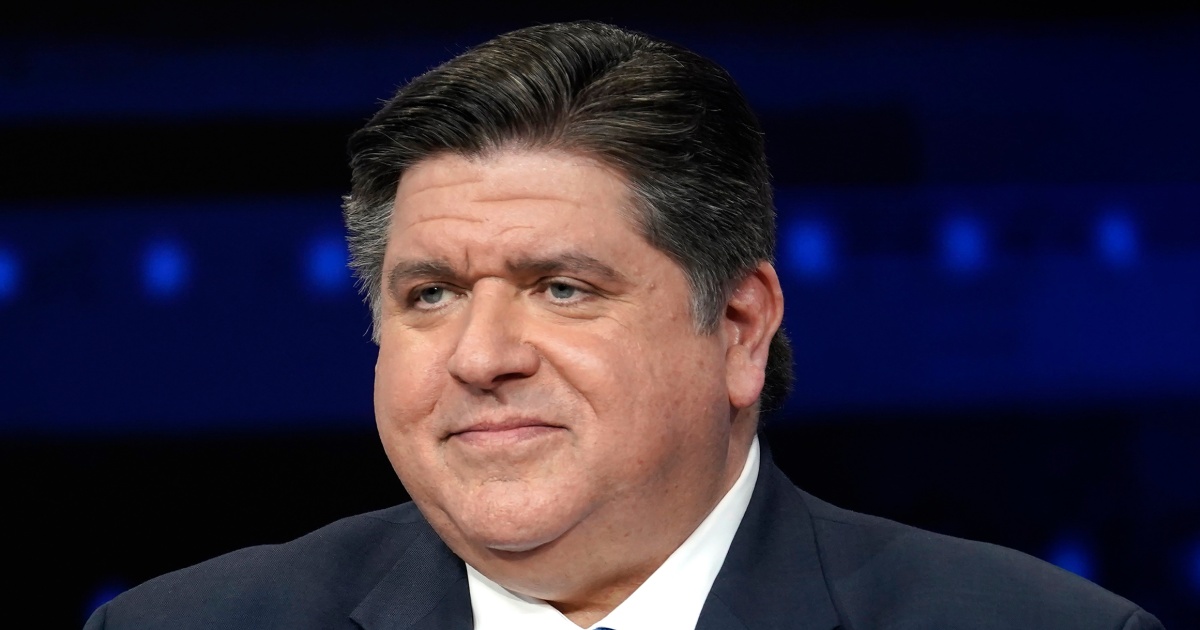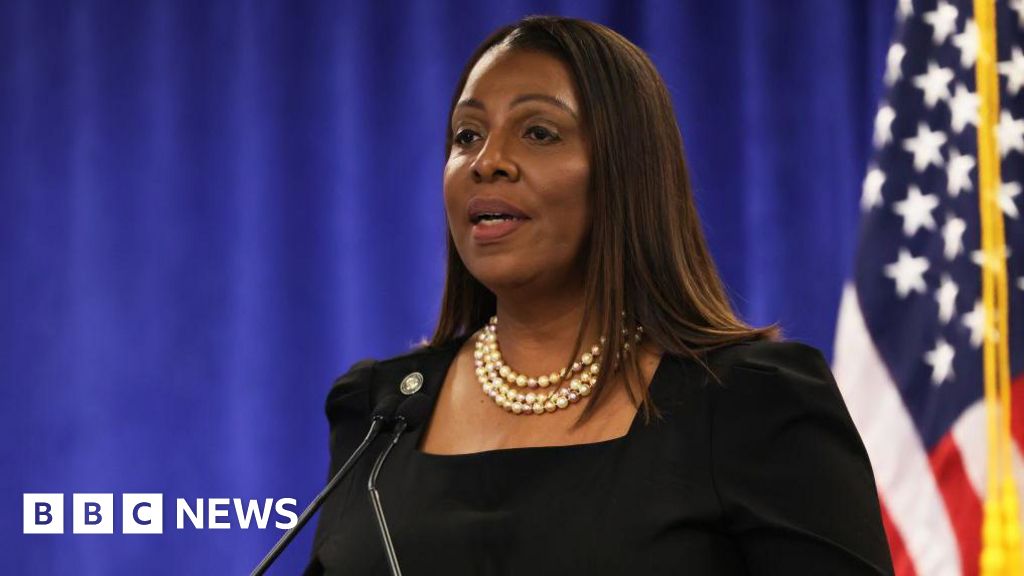Navigating the Everest of Politics: Clint Browns Journey as a Confirmation Sherpa

If you're contemplating a climb on Mount Everest, you'll soon realize that the journey is fraught with challenges, and one crucial element you'll need is a sherpa. This term originates from the small ethnic group in Nepal known for their incredible mountaineering skills, particularly in the treacherous Himalayan region. Sherpas serve as expert guides, helping climbers navigate the perilous and unpredictable conditions of Everest. In a parallel vein, the term 'sherpa' has been adopted in Washington to refer to the advisors who assist presidential cabinet nominees during the often arduous confirmation process. Climbing the Capitol Hill is, in many ways, as daunting as ascending Everest.
Clint Brown, who currently leads American Path, took on the role of sherpa during one of the most challenging confirmation battles of the Trump administration: the appointment of Kash Patel as the FBI Director. In this week's episode of 'The Signal Sitdown,' Brown opens up about the intricacies of this uphill struggle, which ultimately culminated in a razor-thin 51-49 vote to confirm Patel.
Boasting over a decade of experience working in the Senate, Brown's expertise was instrumental in helping Patel navigate the complex dynamics of the Senate and articulate the vision that he and Trump had for the FBI. The call for assistance came swiftly after Trump's election victory when a friend from the transition team reached out to Brown, asking if he would step in to support Patels confirmation. With only a few hours to decide, Brown felt compelled to accept, stating, "one, it sounded like fun, but, two, I didnt want to go into the administration. Its just not a good time in my life for that. Nevertheless, he was eager to lend a hand, viewing this as a unique opportunity.
His initial excitement quickly transformed into a stark realization: being a sherpa meant taking on a monumental task largely alone. When youre working at that level with a principal at that level, youd think youd have like an army of 10 people, Brown noted in an interview with The Daily Signal. But it literally is just the sherpa. And, if youre lucky, you have a scheduler and a comms sherpa.
Even with his extensive Senate experience, Brown was caught off guard by the brutal nature of the confirmation process. I had no idea how brutal the confirmation process really is, he remarked. Each meeting with senatorsof which Patel and Brown had over 50felt much like a high-stakes job interview. Brown described the gravity of the situation: Youre interviewing to become the executive in charge of a multi-billion dollar organization with thousands of people.
This high-pressure environment takes a toll on both the nominee and their sherpa. Brown recalled that if youre exhausted from lack of sleep or unwell, any slip of the tongue could quickly be reported to other senators. If you go in and you say something totally off the wall, they go tell other senators, he warned.
Clearly articulating a vision during these meetings is critical for success. Youve got to tell them what your vision is for the organization. You better know your stuff about the organization, Brown emphasized. The sensitive nature of the information being discussed adds another layer of complexity to the process. At these organizations, everything is secret, he explained. So you can give your vision of how it should work, but theres things you cant say that you know from being briefed behind the scenes. This secrecy creates a delicate balance, as both senators and nominees are aware of what remains unsaid due to security protocols.
Patels confirmation pitch was strategically designed with two key components: first, a commitment to allow good officers to fulfill their duties effectively by refocusing the FBI on combating crime; and second, an aim for radical transparency within the agency, which would involve providing Congress with comprehensive oversight. Brown paraphrased Patels message, stating, One, we are going to let good cops be cops. Were gonna refocus the FBI on going after bad guys. And two, we are going to have radical transparency at the FBI where we give everything to Congress.
This approach was astute, not solely because it aligned with Trump administration goals but because it addressed the individual concerns of senators. Brown pointed out, Everybody has a crime problem in their state. It doesnt matter what state youre in. Crime has gone up over the last decade, and especially the last four years under the Biden administration.
The second aspect of Patels pitch, radical transparency, resonated deeply with senators who had long been frustrated by the FBIs lack of responsiveness under previous director Christopher Wray. Many senators openly expressed their dissatisfaction, stating that their information requests to the FBI often went unanswered. Brown noted, Virtually every senator that we met with, and they said it publicly, too, complained about how they would send an information request to the FBI and they would get back nothing. He strongly asserted, The FBI should be accountable to Congress. And they have an oversight function where they need to know whats going on in the FBI, yet there remained a pervasive issue of non-responsiveness.
Prior to their initial meetings, Brown had never met Patel; however, he was left with a lasting impression of Patel's capabilities once the confirmation process concluded. Patel did a great job in the confirmation process, Brown reflected. Hes exceptionally talented at laying out a vision and [able] to communicate it in a way that senators understand it.
In retrospect, Brown reflected on the entire experience, admitting, At the end of it, I was saying I would never do this again, but now Im like, I kind of want to do this again.



























